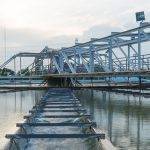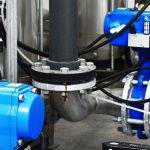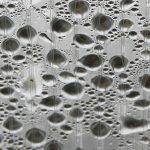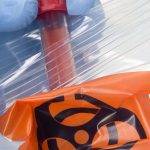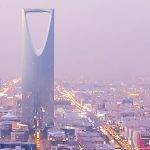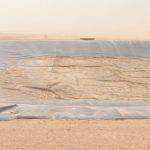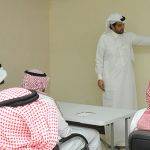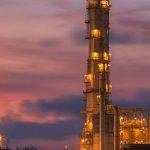
Water Desalination
Water Desalination
The Scarcity of Drinking Water
Despite the abundance of water in our planet, fresh water does not exceed 3% of total water. Access to drinking water is almost impossible without the use of modern water treatment technology, especially in our region (including groundwater purification).
Demand for fresh water is also on the increase due to the increasing human density and the continuous development of lifestyles.
Our Services
The challenge of providing fresh water is driving us to use the latest technologies and water desalination services in accordance with best environmental practices on a global scale. By combining these technologies and extensive experience in design, construction and implementation, we offer our customers the opportunity to desalinate water both on small and large scale and according to the specific requirements of each customer.
Techniques Used:
- Reverse Osmosis (RO).
- Ultra Filtration.
- Nano Filtration.
- Treatment and sterilization of ozone / UltraViolet Rays.
- Sand and Carbon filters.
- Sand and Carbonated Filters
Examples of Completed Projects
King Fahad Air Base Station in Taif
A sewage station was established for the King Fahad Air Base in Taif to achieve the safe discharge and purification of water and the killing of microbes that pollute the soil and groundwater, which is the cause of the transmission of diseases, to become usable again in the irrigation of gardens and others.
SEPCO
In addition, a sewage plant was established for the Saudi Arabian Gulf Company for the Protection of the Environment in order to purify waste water from impurities to become suitable for non-human use and then to discharge treated water safely.
Movenpik Hotel
A water desalination plant was established for Movenpick Hotel to produce nutritious drinking water for the hotel kitchens with a capacity of 20 m3 / day.
Unilever
An industrial drainage station for Unilever plant with a capacity of 180 cubic meters was constructed to discharge the water resulting from the production process in a manner that does not harm the environment of the surrounding area according to the standards of the general environmental system and its executive regulations in the Kingdom.
